This article keeps being updated, because the affair escalates almost daily.
New developments in the case of the Italian cancer researcher and Rector of the University of Ferrara, Giorgio Zauli. The man, together with certain Ferrarese coauthors like Paola Secchiero and Luca Neri, has an impressively long PubPeer record of what is most obviously fraudulent research data. If anyone cared at all, up to 40 papers, mostly from Zauli’s own lab, would have to be retracted for gross data manipulation.
Thing is, nobody who could do something, cares. After I presented this evidence on my site, Zauli reacted with legal threats, complemented by reporting me first to the Italian state prosecutor and then to the Office for Privacy Protection, for publishing that same official-headed university letter he threatened me with. The university took his side, they even provided Zauli with my private address. I then published even more evidence of fraud which Zauli coauthored.
At no point did University of Ferrara or even Zauli himself deny the validity of PubPeer evidence, quite the opposite: in a recent statement to the local journalist Daniele Oppo, the university all but admits that the extent of data manipulation in Zauli’s papers is so bad and so undeniable that it must never be divulged in public, which is not qualified to discuss peer-reviewed science anyway. Instead, the university fingers “the media” as the enemy of the people, and decries a “instrumentalised” media campaign of harassment and slander against their “magnificent rector” and his colleagues.
Ethics Committee members resigned in protest, while fascist politicians rally in support of the embattled rector. Zauli himself, in a hole and vigorously digging, turned to threatening Italian media and to collecting signatures in support his research misconduct, which he by now openly and proudly admits.
Rector Zauli is apparently very well connected politically, he was explicitly endorsed (even after the research fraud affair broke) by the fascist Lega Nord party, at the time of writing part of the Italian government. The anti-democratic hatred against free press and public accountability from Zauli’s university fits his Lega connections neatly. Strange that it is his critics whom Zauli compares to Nazis, in particular to Joseph Goebbels, or as per Zauli, “Goebels“.
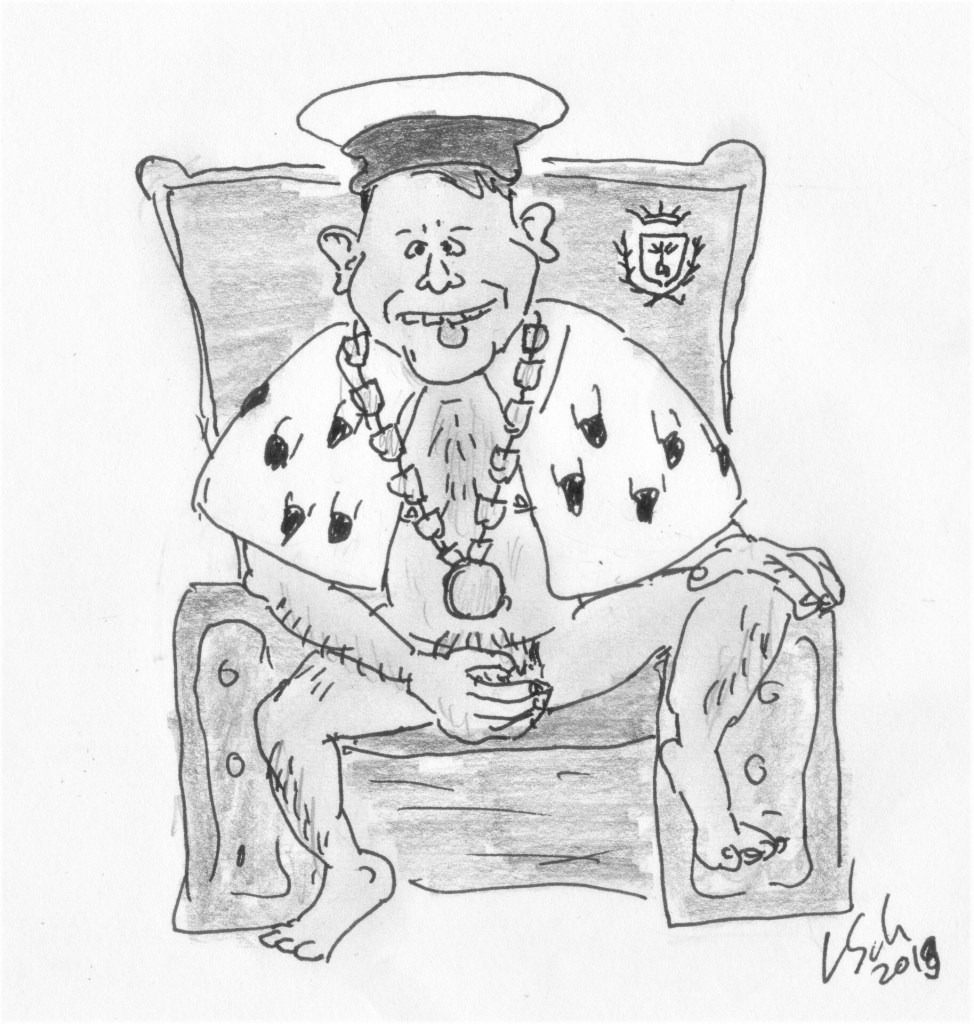
The l’Estense journalist Oppo kindly shared with me that reply from the university, which was meant as a rejection to his freedom of information request about the Zauli investigation by the Ethics Commission. An investigation which Zauli himself requested, thus conveniently being able to select which of his papers can be investigated and which not, and the outcome of which the university persistently refused to divulge, while Zauli himself was strutting around declaring himself officially exonerated. I publish the full letter (original here), as a translated version below. In his article for the newspaper l’Estense, Oppo wrote (highlight his):
“We urge that this process – not all the proceedings of the Ethics Commission – is made as transparent as possible, because the only information that we are not allowed to assess is whether the research under investigation is or is not affected by serious data integrity problems and therefore, whether it is still valid or not, regardless of the presence or absence of fraud or negligence by the rector. And given the high number of reports, which also cover research over a long period of time, we believe it is necessary to seek and obtain the explanations“.
The journals also turn a blind eye. Sure, several PubPeer-denounced Zauli papers were published in the infamous Oncotarget, a go-to journal for every research fraudster out there, but still. Almost all other Zauli papers with fabricated data appeared in respected society or otherwise academically-run journals, for example in the journal Blood, published by the American Society of Hematology. Which data integrity manager Dax Blemberg explained to me why they will do diddly-squat about Zauli’s papers:
“We did reach out to the authors regarding several of these papers last year, but we have had difficulty obtaining more solid information. All of these papers are between 10 and 20 years old. While this does not mean that any issues within the figures can be ignored, unfortunately it does mean that reaching a definitive conclusion on the nature of the issues involved may not be realistically feasible.”
Now comes the letter from 19.08.2019, signed by the university’s management executive Monica Campano and addressed to the journalist Daniele Oppo, rejecting his request for access to the minutes and the reports of the Ethics Commission investigation. The Milanese journalist Sylvie Coyaud described the missive as an “own goal” for Zauli and his University of Ferrara. The Italian original is here.
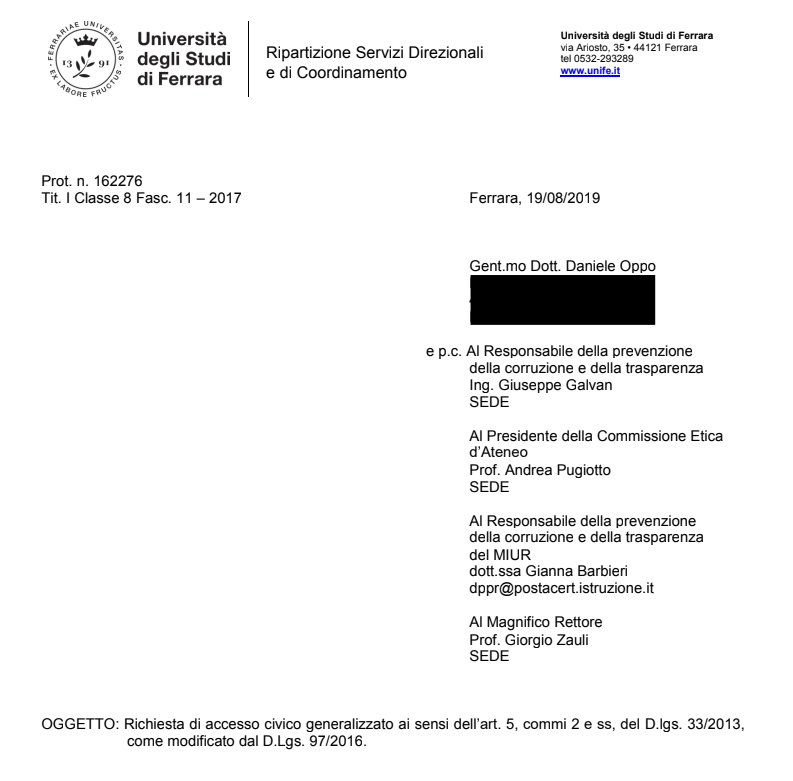
We inform you that the request for generalized public access made by S.V. on 11 July 2019, our prot. 132477, cannot be accepted, pursuant to and for the purposes of Legislative Decree 33/2013 and the ANAC Guidelines (Resolution 1309/2016), for the following reasons:
a) existence of a “concrete prejudice” to public and private interests according to the provisions of Legislative Decree 33/2013;
b) the (concrete) prejudice depends directly on the disclosure of the information requested;
c) the prejudice resulting from the disclosure is a highly probable event, and not merely likely.
The aforementioned reasons are illustrated below.
a) existence of a “concrete prejudice” to public and private interests as indicated in art. 5-bis paragraph 2 letter a) (protection of personal data) and letter c) (economic and commercial interests of a person physical or legal including intellectual property, author’s rights and trade secrets) according to Legislative Decree 33/2013.
It should be reminded that, as is known from what has already appeared in the press and on the web regarding the procedure cited in the access request, the subject relates to the scientific results of a research group coordinated at the time by Prof. Giorgio Zauli, currently pro-tempore Rector of this University.
It should also be noted that the evaluation of the scientific quality of the research is not up to the public, nor to the press, but is the exclusive prerogative of scientists and researchers who represent the so-called Science Court, in the context of peer review. The research in question, dating back to the years 1998-2009, was moreover performed in university contexts different from the University of Ferrara, of note, has been published in scientific journals and can be freely consulted by all interested parties and can and has already been object of analysis, also critically.
The University’s Ethics Commission is an impartial and autonomous reference body for any issue of ethical, moral and conduct nature that may arise in the University and which has the specific role of protecting the rights, safety and well-being of the subjects concerned. As a result of carrying out its activities, an ascertained violation of the Code of Ethics may constitute grounds for determining disciplinary sanctions. Giving access to the minutes of the meetings of the Commission could at all times cause damage to the moral, relational and social sphere, generating the possible effect of inhibiting all personnel who in the future would be interested in contacting the same Commission for opinions and proceedings.
In light of the foregoing, it is therefore considered that the complete disclosure of the minutes and documents requested in the case in question could cause a concrete prejudice not only to the person who submitted the application to the Ethics Commission on his own initiative [Zauli, – LS], given the presence effective of sensitive data and personal information, but also, depending on the hypothesis and the context in which the information provided can be used by third parties, to all researchers involved, as well as to the members of the aforementioned Commission.
In fact, it is necessary to consider the type and nature of personal data and information contained therein that could cause an unjustified and disproportionate interference with the rights and freedoms of the interested party [Zauli, -LS], with possible negative repercussions on the professional, relational, personal and social level and in any case exceeding and irrelevant to the satisfaction of your formulated request (considering that the research conducted is completely public).
The same Privacy Guarantor has underlined how the discipline on the subject of privacy establishes that every treatment of data, in the generalized public access, must be effected in the respect of the rights and the fundamental liberties, as well as of the dignity of the interested person, taking also into account the rights to reputation, image, name, right to be forgotten and in general to the inviolable rights of the person.
b) evaluation if the envisaged (concrete) prejudice depends directly on the disclosure of the information requested.
Please note that the art. 5 paragraph 2 of Legislative Decree 33/2013 expressly provides that the generalized public access has the “purpose of favouring widespread forms of control over the pursuit of institutional functions and the use of public resources”.
The right to general public access cannot be used in a dysfunctional way with respect to the aforementioned purposes and be transformed into a cause of hindrance to the proper functioning of the administration. In the case in question, the instrumentation of media (newspapers and blogs) carried out so far on the issue, aimed with the attacks contained in it to discredit the scientific work of the interested party (and of the research group) [Zauli, -LS], which has nothing to do with the specific need for generalized public access aimed at verifying the good performance of the university administration and the correct exercise of institutional goals.
It is therefore considered, after a careful evaluation, that there is a specific causal link between the access and the actual prejudice envisaged. The disclosure of the aforementioned minutes would risk bringing further disturbances, related to previous ones and to numerous statements which appeared in the press, to the correct performance of the public functions of this University, without contributing, on the other hand, to pursuing the regulatory purpose of the good performance of the administration and the correct use of public resources.
The academic community of the University of Ferrara has been promptly informed and so was the public opinion about the outcome of the procedure, initiated and concluded within the Commission, served via the Rector’s communication [Zauli’s Goebbels accusation, LS].
The dissemination of the minutes and actions requested by you as a journalist, accompanied by a subjective report to public opinion, could further fuel the media campaign in place, with the risk not only of throwing instrumentalised accusations at the person acting in his role as a scientist (and his research group) [Zauli, -LS], but above all to generate serious damage to the functioning of the administration.
c) Evaluation whether the prejudice resulting from the disclosure is a highly probable event, and not only likely
In the light of all the above and the fact that already in the past all the information provided, directly or indirectly, to the press was in such scope exploited and used in such a way as to prejudice the image of the institution and its representative [Zauli, -LS], it is considered highly probable that the acceptance of the request for general public access in this case will lead to the use of the minutes and data requested, accompanied by a one-sided reading of the same in a public diffusion area, producing the same prejudicial treatment not only towards the interested party [Zauli, -LS], all the researchers involved but also towards the members of the Ethics Commission, the organ of the university administration.
Yours sincerely.
MANAGER OF THE DISTRIBUTION MANAGEMENT AND COORDINATION SERVICES
Dr. Monica Campana
Update 4.09.2019
As the newspaper Estense reported on 1 September, three members of the Ethics Commission resigned in protest of their university’s decision to keep the Zauli file secret. The resignation took place on 27 August and involved the Commission’s Chair Andrea Pugiotto (university board member, representing faculty professors), Vice Chair Paola Migliori (representing technical and administrative personnel) and Gian Matteo Rigolin (representative of associate professors, who previously recused himself from investigation on account of being co-author on one of Zauli’s fabricated papers).
Soon after, the former rector of University of Ferrara Pietro Dalpiaz protested in La Nuova Ferrara against the intransparent behaviour of his own university, and reminded that the decision to close Zauli case was not met unanimously. In the same article, the fascist municipal councillor Alessandro Balboni (yes, a real and proud Mussolini-adoring fascist, member of Fratelli d’Italia) suspected a socialist conspiracy behind the attacks on Zauli.
Zauli himself was quoted in La Repubblica on 3 September:
“At the heart of this story are some committed factual errors many years ago in the composition of the control panels, to support the experiments. For example, one image, hundred times reproduced, was published twice. The journalist Schneider wrote to many scientific journals to report some hypothetical fraud, and some then merely asked us for explanations. We have the data and the editors were satisfied. The history of world science is full of factual errors. On the platform from which it all started, “pubpeer.com”, were many of my colleagues were crucified, rectors and even the top scientist of our country, including Carlo Maria Croce, the most famous Italian oncologist. The charges were often revealed as hogwash.
In our case – more – none of those material errors affected the final data. Sometimes the inaccuracies were done by the research team, sometimes by publishers: during my career we did twenty-five thousands of experiments, largely transferred to floppy disk. And I would say that, at times, the pressures of contemporary science can lead to some inaccuracies, but in my life I have never fake data. I suspect that some of my expansive academic policies, relating to students, have bothered to academic world. I can not otherwise explain this attack being so heavy and recurrent”.
Is Zauli really sure about defending the infamous US-based researcher Carlo Croce, who also happens to be associate professor in Ferrara? And did he just admit having explained to the Ethics Commission the unavailability of raw data from his papers (published between now and 15 years ago) with the data being stored on unreadable 1.44MB floppy disks, which are utterly out of use since mid 1990ies? Floppy “Goebels” Zauli can’t even lie convincingly.
Update 6.09.2019
Floppy “Goebels” Zauli now declared “den totalen Krieg” on Italian press, using again his university as platform:
“The dissemination of slanderous and clearly defamatory news will not be further tolerated in order to protect my personal and above all the reputation of the University which I will continue to lead with discipline and honour until October 31, 2021”
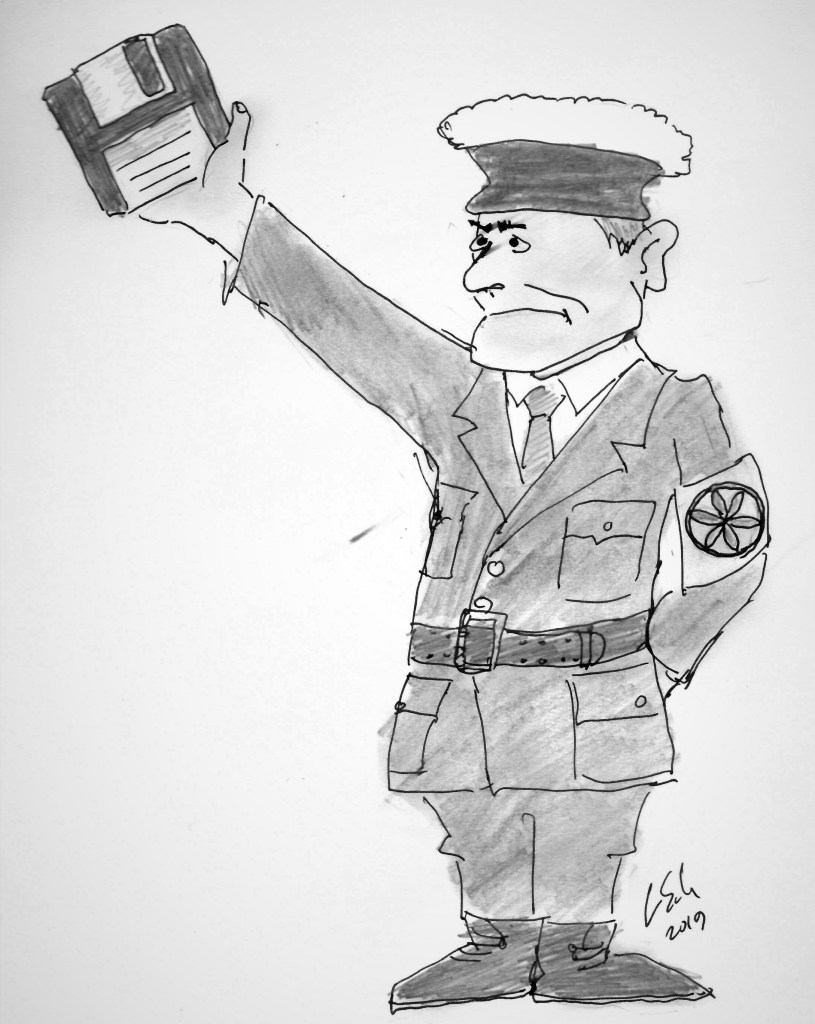
Update 7.09.2019
Rector Magnificus Zauli apparently started to coerce university employees into signing a support letter, over 200 Ferrara academics put their names on this fascist turd attacking Italian press freedom, which is actually a cheap copy-cat of a French Stalinist original:
Manifesto of Solidarity with the Rector regarding the recent press articles
Below is published the list of the University of Ferrara professors who wanted to express solidarity with the Rector George Zauli regarding recent and repeated attacks which appeared in the press against him.
The Heil Zauli signature list against Italian Lügenpresse is organised by Luca Picchioni and Valerio Muzzio, both these Stahlhelm-fetishists are administrative officials at Zauli’s Department of Morphology, Surgery and Experimental Medicine. The signatories predictably include Paola Secchiero, Luca Neri, Carolina Simioni, Rebecca Voltan, Claudio Celeghini, Daniela Milani, Arianna Gonelli and other peddlers of fraudulent science from Ferrara; but also the non-resigned Ethics Commission member Cristina Munari (representing research and teaching personnel).
Update 13.09.2019
The “Heil Zauli” list has now over 330 signatures, and preparations are underway for the Senate of the University of Ferrara to annul the report of the (now dissolved) Ethics Commission for “procedural errors”. The decision was made on 4 September, the next vote is scheduled on 19 September. The secret, and obviously for Floppy Goebels Zauli damning report will be then destroyed.
Meanwhile, the Rettore Magnifico and Luca Maria Neri were proven to be plagiarists, on top of everything (see update here).
Update 18.09.2019
The “Heil Zauli” signature campaign was scheduled to run until 16 September. On 17 September, it gathered 365 signatures and then went offline, together with the Duce Rector Zauli’s declaration of total war on Italian media from 6 September. The backups are available here (most recent here), and here.
Sylvie Coyaud meanwhile found out that, after my own notification of research misconduct was dismissed as inadmissible (myself not being affiliated with University of Ferrara), Zauli himself submitted only five of his own papers for examination, out of the over 30 flagged on PubPeer at that time. These were the papers analysed by the Ethics Commission, and even those 5 hand-picked ones were apparently founds so problematic that the secret report is about to be destroyed on trumped-up procedural reasons. Coyaud asks then:
- “how and when did they decide that at the University of Ferrara – so far the only case in Italy – the person subject to investigation by the Ethics Commission becomes both the “judged” and the “judicial body”? […]
- What law authorizes the rector of a public university to manage it as a private fiefdom and to treat public servants as his own clientes?“
Update 15.10.2019
The journalist Oppo reports here how his request for transparency was rejected outright by the public official for anti-corruption at University of Ferrara, Giuseppe Galvan. Apparently the engineer Galvan is confused which side of corruption and fraud he is supposed to be on. The full letter is archived by Estense, and this is an excerpt, translated:
“The discredit generated by numerous attacks by journalists and bloggers perpetrated so far goes way beyond the function of ascertaining a good function of the public administration, of proper exercise of institutional purposes and of promoting participation in the public debate.
The research in question, dating back to the years 1998 – 2009, was performed by Prof. Zauli (and his research group) in an age in which he not only held no office at the University of Ferrara but was not even, for most of the period concerned, affiliated with the University, therefore in a university context that for a good period of time which the University of Ferrara has nothing to do with. Moreover, the “promotion of participation in the public debate” of which the law speaks is not a reason to justify the access ~ de quo, since such a debate is already possible due to the fact that the publications in question are known and have already been published in the scientific journals in the area, can be freely consulted and therefore object of free analysis, even critical, by anyone, including the same scientific journals.
On the contrary, to make public procedures confidential, such as those of the Ethics Commission, concerning the private sphere of individual subjects, would cause an undue injury in the right to their confidentiality. Furthermore the disclosure of the documents requested in the press could even more discourage anyone who legitimately wished to contact the organ in question and thus compromising its regular operation”.
One should remember who requested the Ethics Commission investigation: Zauli himself. He is his own whistleblower in need of protection, according to Galvan. Oppo also wondered how research publications (sic!) can be protected by privacy, and reminded that Zauli uses his university as platform to threaten to sue and silence everyone criticising these papers.
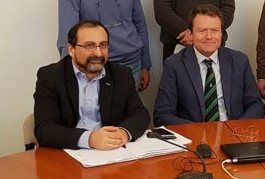
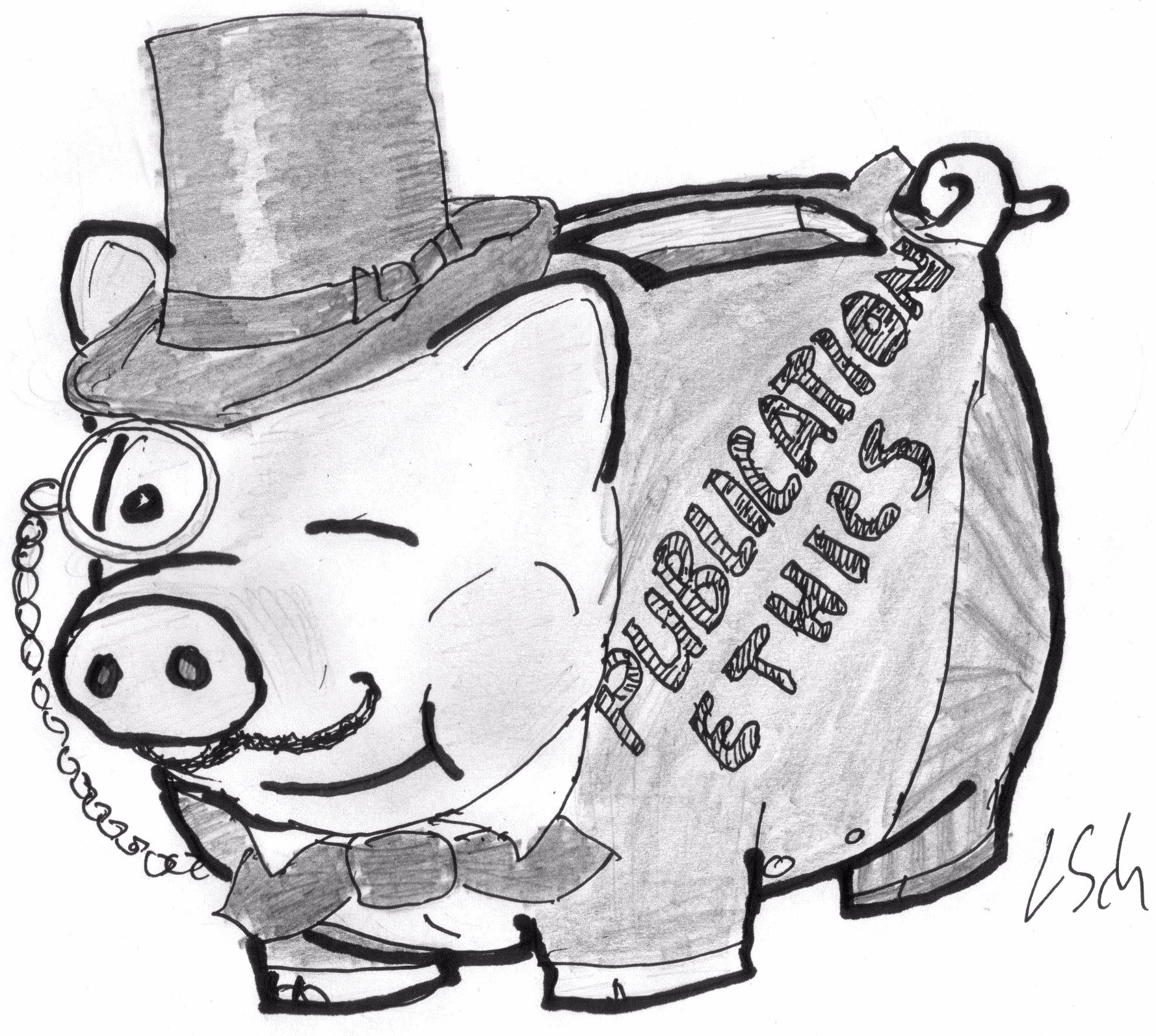
Donate!
If you are interested to support my work, you can leave here a small tip of $5. Or several of small tips, just increase the amount as you like (2x=€10; 5x=€25). Your generous patronage of my journalism, however small it appears to you, will greatly help me with my legal costs.
€4.00

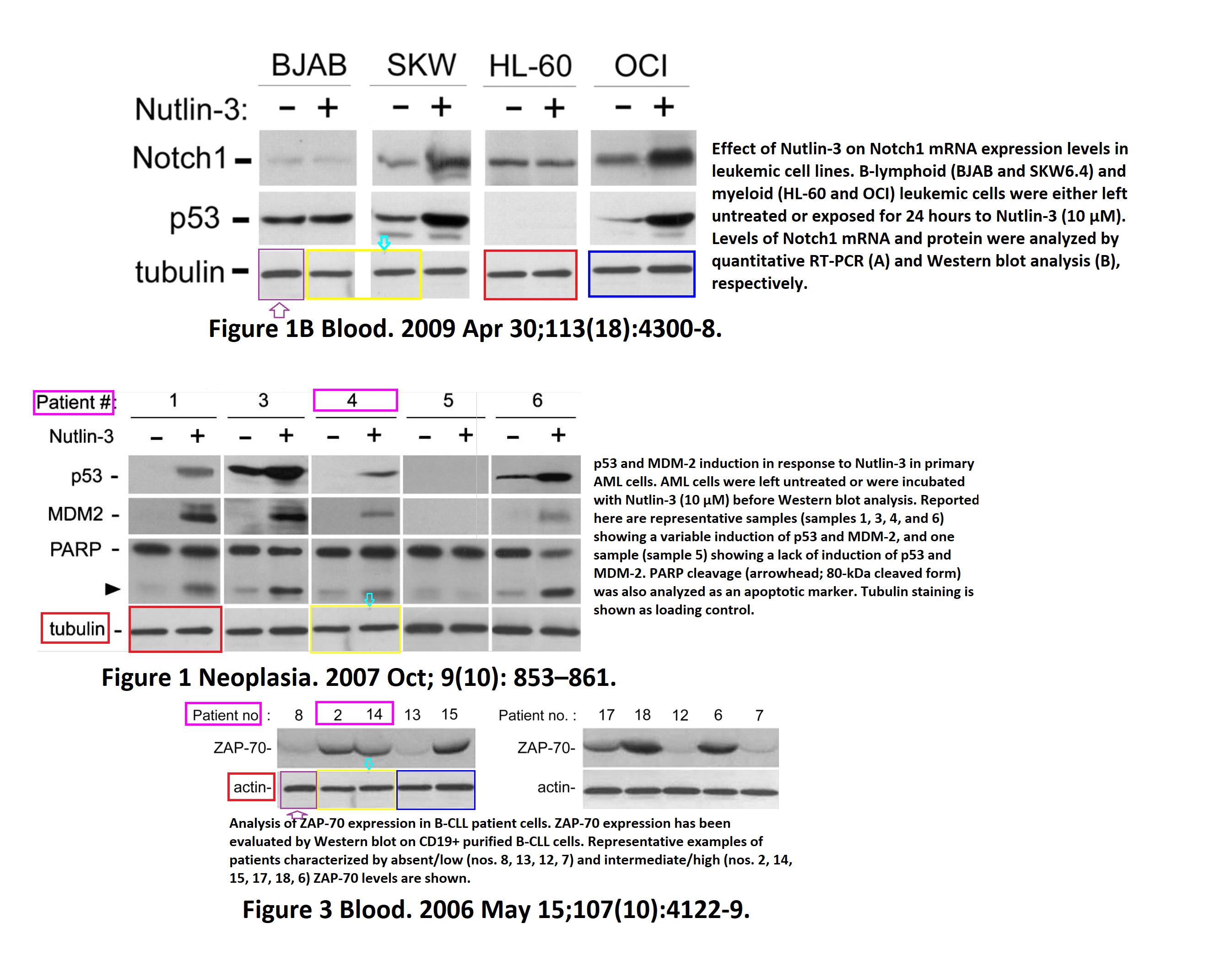
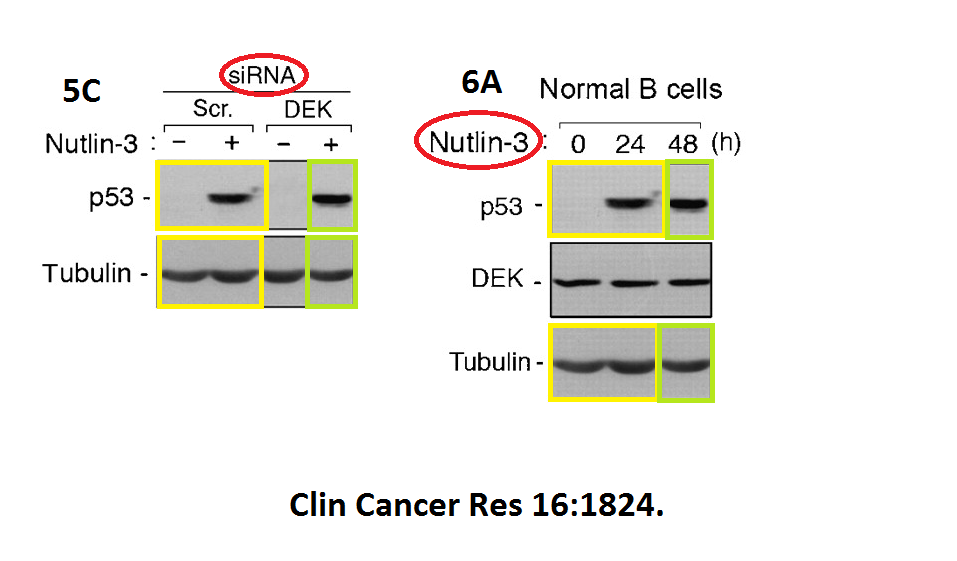
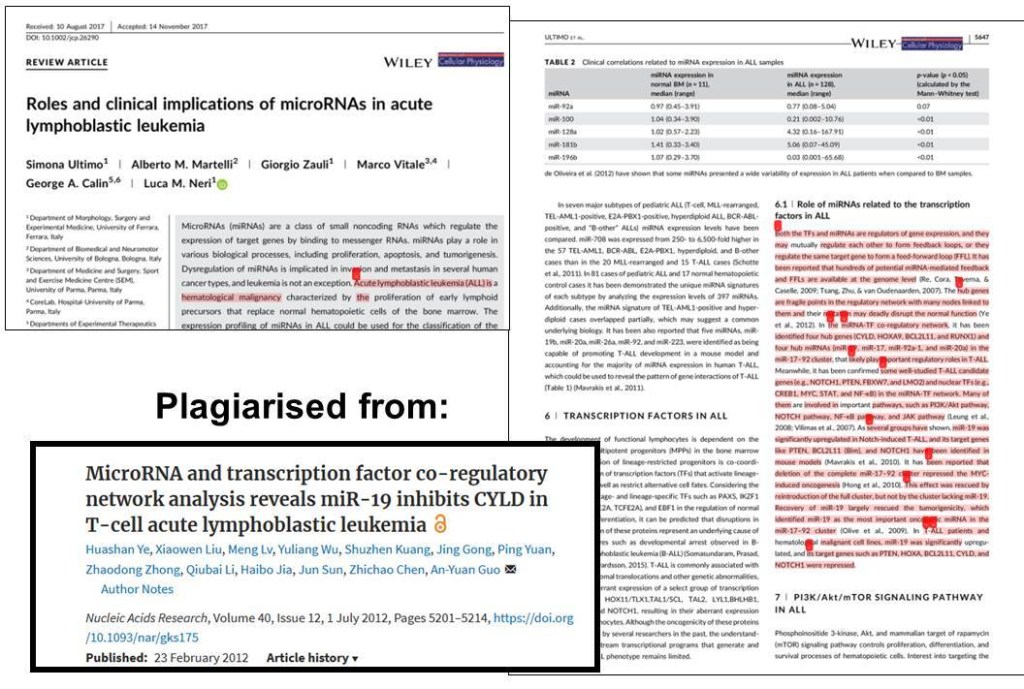


Dax Blemberg wrote:” “We did reach out to the authors regarding several of these papers last year, but we have had difficulty obtaining more solid information. All of these papers are between 10 and 20 years old. ”
The Blood papers you illustrate in this post are 10 and 13 years ago. Why doesn’t he deal with them? Surely he can look at what is on the page? Why bring in that some papers are 20 years old?
The paper you mention at the end of this post is 9 years old.
LikeLike
Pingback: Zauliade, 16ma puntata - Ocasapiens - Blog - Repubblica.it
Ask the people from ROARS to write an article on it. They are very good at targeting certain people and institutions in Italy with surgical precision, but apparently they are afraid of speaking loud in this case (and in other cases)
LikeLike
Thanks, good idea with ROARS. Here they make fun of an Italian scientist accepting a fake award from a fake professor, Ashutosh Tiwari, at his fake conference for which that Italian researcher paid real public money to participate. That fake award was then paraded through main Italian media by that said researcher.
https://www.roars.it/online/era-farlocco-il-prestigioso-premio-eam-vantato-da-iit-e-unimessina/
LikeLike
Floppy “Goebels” Zauli now declared “den totalen Krieg” on Italian press
He went Full Sportspalast. You never go Full Sportspalast.
LikeLike
It’s “Sportpalast”, not “Sportspalast”, but then again Floppy Zauli can’t even spell Goebbels right, he did write “Goebels”:
https://web.archive.org/web/20190703191705/http://www.unife.it/news/2019/luglio/lucio-picci
So yeah, it’s Floppy Goebels Zauli who went Full Sportspalast.
LikeLike
Pingback: Parabola della FuF e altre amenità - Ocasapiens - Blog - Repubblica.it
Pingback: Alfonsina Desiderio and her pathological Bully Boys – For Better Science
The final list before it was removed on 17.09.2019, with 366 signatories.
Manifestazione di solidarietà al Rettore in merito ai recenti articoli di stampa
Si pubblica di seguito l’elenco dei docenti dell’Università di Ferrara che hanno voluto esprimere solidarietà al Rettore Giorgio Zauli in merito ai recenti e reiterati attacchi comparsi sulla stampa nei suoi confronti.
Chi desideri essere aggiunto all’elenco, può scrivere a luca.picchioni@unife.it o a valerio.muzzioli@unife.it entro lunedì 16 settembre.
LikeLike
Interesting, they erased even Wayback Machine copy. Here one or Archive.is,
https://archive.is/rYuYz
And my own:
Click to access manifestazione-di-solidarieta-al-rettore-in-merito-ai-recenti-articoli-di-stampa-e28094-unife.pdf
LikeLike
Pingback: Opera Buffa di Guido Kroemer a La Scala – For Better Science
Pingback: "Opera buffa" - Ocasapiens - Blog - Repubblica.it
Pingback: Aguzzi and the Lowlifes – For Better Science
Pingback: The wizard men curing breast cancer – For Better Science
Pingback: Extraordinary results of the Olomouc Nano-con – For Better Science
Pingback: Münster charges Jens Schwamborn’s mentor Andreas Püschel with research misconduct, again – For Better Science
Pingback: Antonio Giordano and the Sbarro Pizza Temple – For Better Science
Pingback: mTOR: conclusions not affected? – For Better Science
Pingback: France’s Ugly Brown Derriere – For Better Science